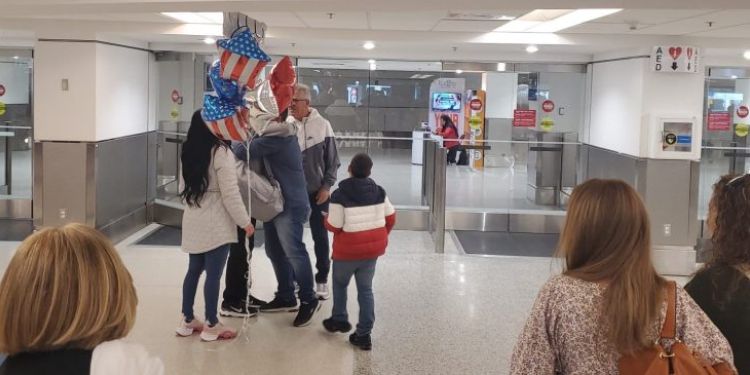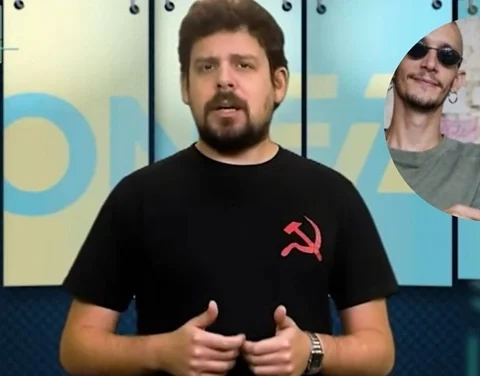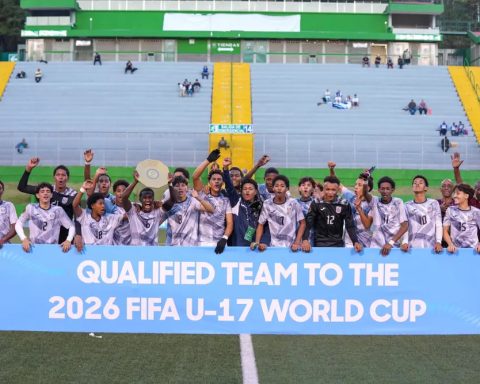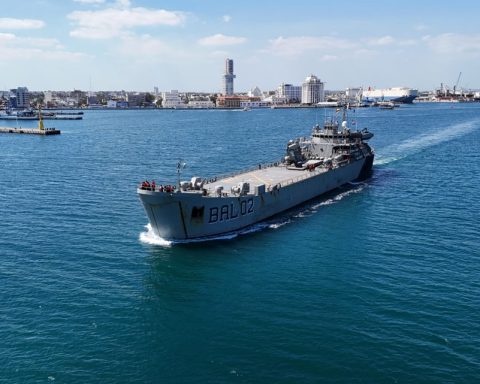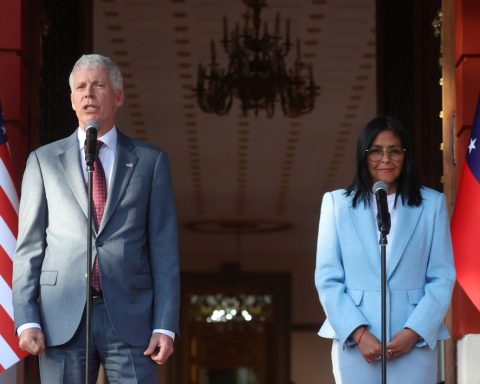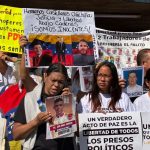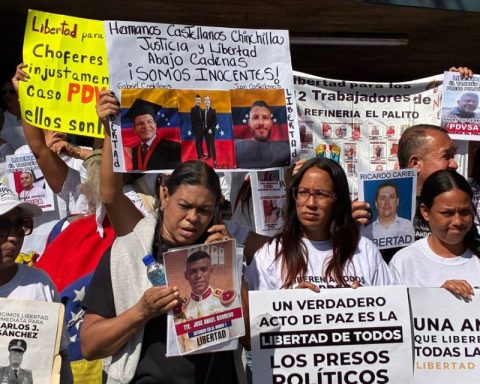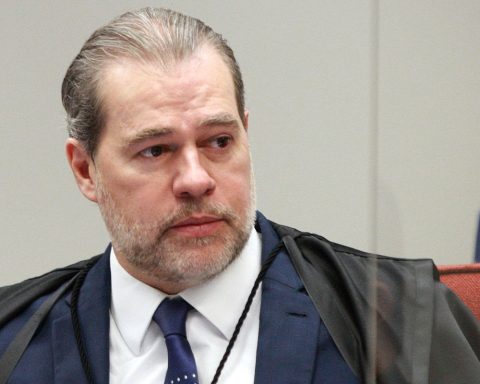MIAMI, United States. – The number of Cubans who managed to enter the United States thanks to the parole humanitarian aid was reduced to a minimum number in October: at least 180 Cubans were admitted, the lowest number since the beginning of this initiative almost two years ago, according to data from the Department of Customs and Border Protection (CBP, for its acronym in English).
The official report, which marks the beginning of fiscal year 2025, reveals that in total some 620 nationals from Cuba, Haiti, Nicaragua and Venezuela obtained entry with the parole humanitarian during October. Of them, at least 184 Cubans entered through Miami, Tampa and Houston, a reduced flow compared to the 316 admitted the previous month.
The figure is not exhaustive because it does not include other ports of entry, but it is considered a fairly close approximation to reality.
So far in the program, 110,240 Cubans have managed to enter US territory with parole humanitarian, while only about 740 people would remain pending travel. However, the initial push for the program—which intended to welcome some 30,000 immigrants per month—has been slowed by investigations into alleged fraud and a report from the House Judiciary Committee that calls the initiative “a fraud-ridden disaster.” .
The congressional document accuses the Biden-Harris administration of failing to consider “the prevention of fraud, criminal activity, or the effect on American communities” when implementing the program. Under this adverse climate, the prospect of the program collapsing following Donald Trump’s return to the White House seems increasingly likely.
“The entry statistics of parole “humanitarian will continue to decrease until December and the program will die in January,” warned immigration lawyer Willy Allen to journalist Wilfredo Cancio Isla. “It will not be the first thing the president [electo] “It will be eliminated, but it will be suspended in the initial weeks.”
Allen was also blunt in recommending to those still waiting for approval: “The program has been dead since its first postponement and people must now be convinced that this is no longer the way to legally enter the United States, with the parole humanitarian workers are not going to enter and will have to look for other alternatives, such as family requests.”
Trump has promised to dismantle the program parole humanitarian and the CBP One appointment system.
Although migrants waiting for appointments in Mexico report delays and failures in the CBP One application, CBP assures that the tool “continues to operate with absolute normality.” The agency stated that “a percentage of available daily appointments is assigned to CBP One profiles registered the earliest” to prioritize those who have been trying to obtain them for the longest time.
With the future of parole humanitarian in question, Cuban migrants have also chosen to join caravans heading to the border, seeking entry at any cost.
